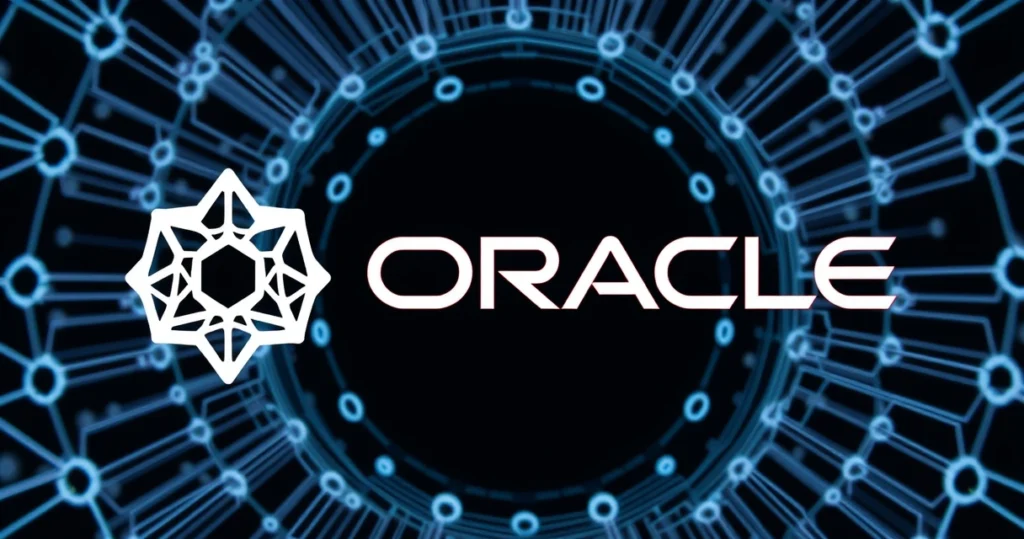Uncover Debian: The Rock-Solid Linux OS with Incredible Benefits
Debian is more than just an operating system; it is a cornerstone of the open-source community, celebrated for its robust stability, exceptional security features, and extensive software library. Developed by a dedicated group of volunteers, Debian serves as a foundation for an array of popular distributions, including Ubuntu, Linux Mint, and many others. This article will delve into what makes Debian a preferred choice for both seasoned developers and everyday users, highlighting its advantages and providing insight into how it can meet various computing needs.

Whether you are a novice trying to navigate the world of Linux or a seasoned professional seeking a reliable platform, Debian offers a wealth of benefits. This article explores its features and advantages, demonstrating why Debian stands out in a crowded field of Linux operating systems. By the end, you will have a clearer understanding of how Debian can enhance your computing experience.
What is Debian?
Debian is a free and open-source operating system based on the Linux kernel, known for its focus on stability and security. It was first released in 1993 and has since evolved into one of the most respected and widely used Linux distributions globally. The Debian Project is a community-driven initiative, meaning that a diverse group of contributors collaborates to ensure that the operating system remains reliable and up-to-date.
Debian is unique in that it maintains a commitment to providing a completely free operating system, which aligns with the principles of open-source software. This means that users are free to modify, distribute, and utilize the software without the limitations imposed by proprietary licensing agreements. The Debian software repository hosts a vast library of applications, making it straightforward for users to find and install software that suits their needs.
Key Benefits of Debian
Debian stands out due to its numerous benefits that cater to a wide range of users. Here are some of the most notable advantages:
- Stability: Debian is renowned for its stability, often serving as the backbone for commercial applications and servers.
- Security: Regular security updates and an active security team ensure that Debian remains one of the most secure operating systems available.
- Extensive Software Library: With over 59,000 packages in its repositories, users have access to a rich selection of software.
- Community Support: Being a community-driven project, Debian has a vast user base offering extensive documentation and support.
- Flexibility: Debian can be customized to an extraordinary degree, accommodating various hardware and user requirements.
Stability: The Pillar of Debian
One of the defining features of Debian is its commitment to stability. Unlike some distributions that prioritize cutting-edge features, Debian focuses on providing a reliable and consistent experience. This is particularly important for server environments where uptime and reliability are paramount.
Testing and Release Cycles
Debian employs a unique release cycle that includes three main branches: Stable, Testing, and Unstable. The Stable branch is rigorously tested and is the version recommended for production environments. The Testing branch receives updates and is in continual development, while the Unstable branch is where new features are first introduced. This careful methodology ensures that users have access to stable and secure software while also allowing developers to experiment with new ideas.
Security: A Top Priority
Security is another cornerstone of the Debian operating system. The Debian Security Team actively monitors potential vulnerabilities and releases timely updates to address any issues. This proactive approach to security means that users can trust that their systems are protected against the latest threats.
Regular Security Updates
Debian provides regular security updates through its Advanced Package Tool (APT). Users can easily install updates, ensuring that their systems are always equipped with the latest patches. This is particularly crucial for enterprises and organizations that handle sensitive data.
Extensive Software Library
Debian boasts one of the largest software repositories in the open-source world, featuring a diverse array of applications. From productivity tools and development environments to multimedia software, users can find virtually any type of software they may need.
Package Management with APT
The Advanced Package Tool (APT) simplifies the process of managing software on Debian systems. Users can easily search for, install, and remove applications using simple command-line instructions. This efficiency makes it easy for both new and experienced users to manage their software environments with ease.
Community Support and Documentation
Debian’s community-driven nature means that users benefit from a wealth of knowledge and support. The official Debian website hosts extensive documentation, including installation guides, user manuals, and troubleshooting tips. Additionally, various forums and mailing lists provide platforms for users to ask questions and share experiences.
Learning Resources
The Debian community actively contributes to a variety of learning resources, including tutorials and forums that cater to users of all skill levels. This collaborative environment encourages users to dive deeper into the operating system, fostering a culture of continuous learning.
FAQs about Debian
1. Is Debian suitable for beginners?
Yes, Debian can be a great choice for beginners, especially the Stable version, which provides a reliable and user-friendly experience. There are ample resources and community support to help new users get started.
2. How frequently is Debian updated?
Debian is updated regularly, with security patches released as needed. The Stable branch is only updated for critical issues, while the Testing and Unstable branches receive more frequent updates.
3. Can I run Windows software on Debian?
Yes, you can run Windows software on Debian using compatibility layers like Wine or virtualization solutions like VirtualBox.
4. Is Debian suitable for servers?
Absolutely! Debian is widely used in server environments due to its stability and security features, making it an ideal choice for both web and application servers.
5. How does Debian compare to other Linux distributions?
Debian is known for its stability and extensive software library, making it a popular choice for many users. While other distributions may focus on different aspects, such as user interface or cutting-edge features, Debian prioritizes reliability and security.
Conclusion
In summary, Debian is a rock-solid Linux operating system that offers incredible benefits to users across a wide spectrum of needs. Its focus on stability, security, and an extensive software library makes it an ideal choice for both personal and professional use. Whether you are setting up a server, developing software, or simply looking for a reliable desktop environment, Debian has the tools and community support to help you succeed.
As you consider your options in the world of Linux distributions, keep in mind that Debian’s robust architecture and open-source philosophy provide a flexible, powerful, and secure computing experience. By choosing Debian, you are not only selecting a dependable operating system, but you are also becoming part of a vibrant community dedicated to advancing open-source technology.
📰 Original Source
Este artigo foi baseado em informações de: https://tecnoblog.net/responde/o-que-e-debian-conheca-as-vantagens-do-sistema-operacional-baseado-em-linux/



